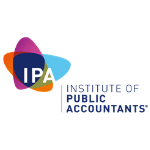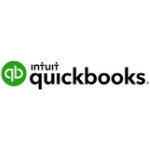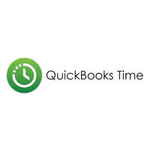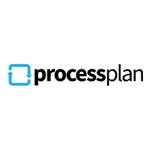How to use forecasts and scenario-planning
If you’re only looking back at historic numbers, you limit the insights you’ll gain. Forecasting highlights your future threats and opportunities – and creates a proactive strategy for the future of your business.
For centuries, accounting was all about reviewing historic information – but that only told you about the past, not what was going to happen in the future.
If you’re only looking back at past periods and historic numbers, this limits the insights you can achieve for your business. With a backward-looking ideology, it becomes difficult to plan, run through different scenarios or understand the path of the business going forwards.
Forecasting changes this. With the right data analysis and forecasting tools, you can project sales, cash, revenue and profits into the future – and get in control of your business.
A forward-looking view of your business journey
Forecasting switches the focus of your financial management. By moving to a forward-looking view of your business journey, you can see further down the road – and that helps to spot any opportunities and avoid common business pitfalls.
Forecasting adds value by:
- Highlighting the data patterns – a forecasting tool takes your historic data and projects it forward in time. This helps you and your advisers spot patterns, trends, gaps and opportunities, revealing the true ‘story’ behind your business accounts. For example, forecasting may reveal a predicted seasonal slump in the next quarter, allowing you to plan ahead and proactively take action to minimise negative impacts.
- Giving you a future view of your business – instinctively, business owners will look back at prior periods to assess performance. There’s value to reviewing your historic actuals, of course, but using forecasting helps you to look forward, rather than just backwards. Forecasting is the satnav, showing you the road ahead, rather than the rear-view mirror showing you the road you’ve already travelled.
- Helping you scenario-plan – with a financial model of your key drivers, combined with accurate forecasting, you can quick answer your burning ‘What if…?’ questions. Forecasting lets you run different scenarios, with different drivers, to see how business decisions may pan out over time. If option B performs better than option A, that’s invaluable information when defining your next strategic move.
- Making informed, evidence-based decisions – having ‘the full picture’ of combined historic numbers, forecasts and longer-term projections aides your business decision-making. Forecasting gives you solid evidence on which to base your strategy, and helps to red flag any threats that are looming on the horizon – giving you the best possible information to keep your executive team informed and on the ball.
- A deeper relationship with your accountant – forecasting also helps us to get a far more granular view of your business. This helps to spot potential areas of performance improvement, and to give you the best possible strategic advice, all backed up by solid, empirical data and management information.
Talk to us about the benefits of forecasting
If you want to get in control of the destiny and results of your company, come and talk to us. Forecasting helps you highlight your future threats and opportunities – and create a proactive strategy to improve the performance of your business.















